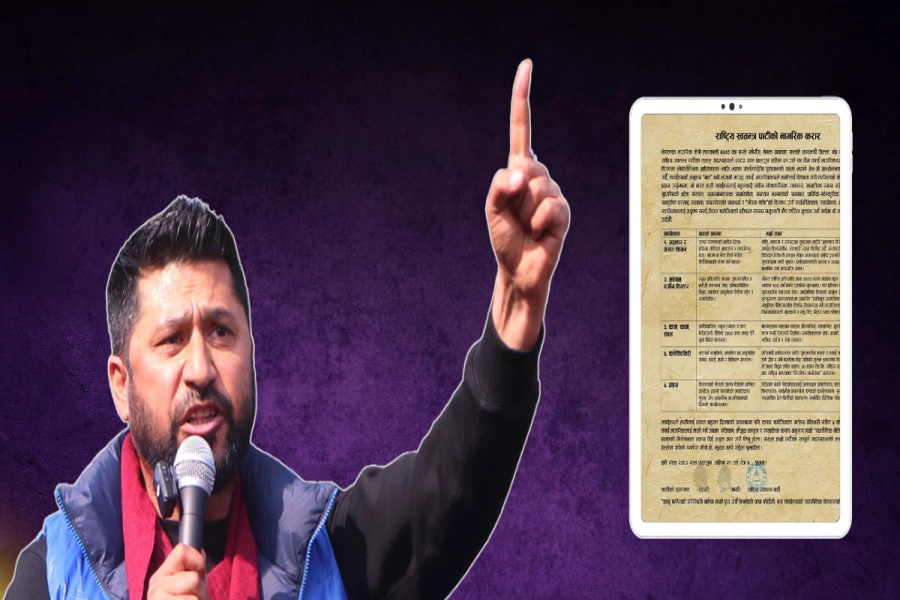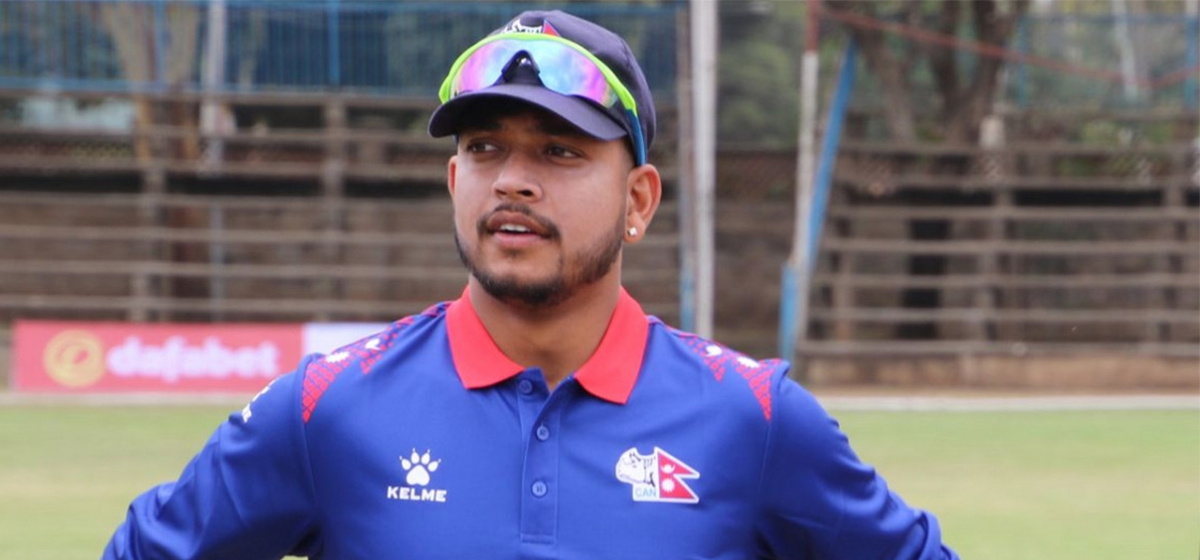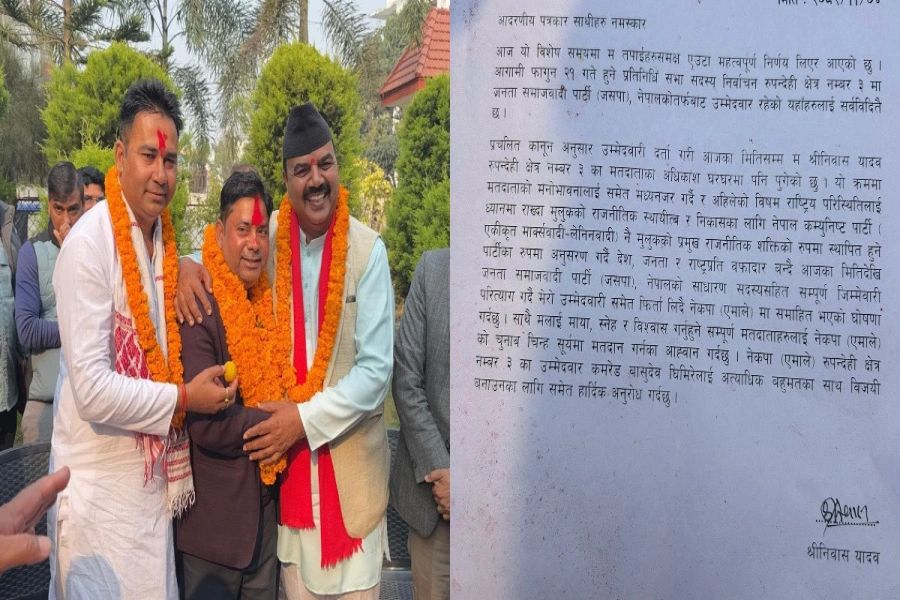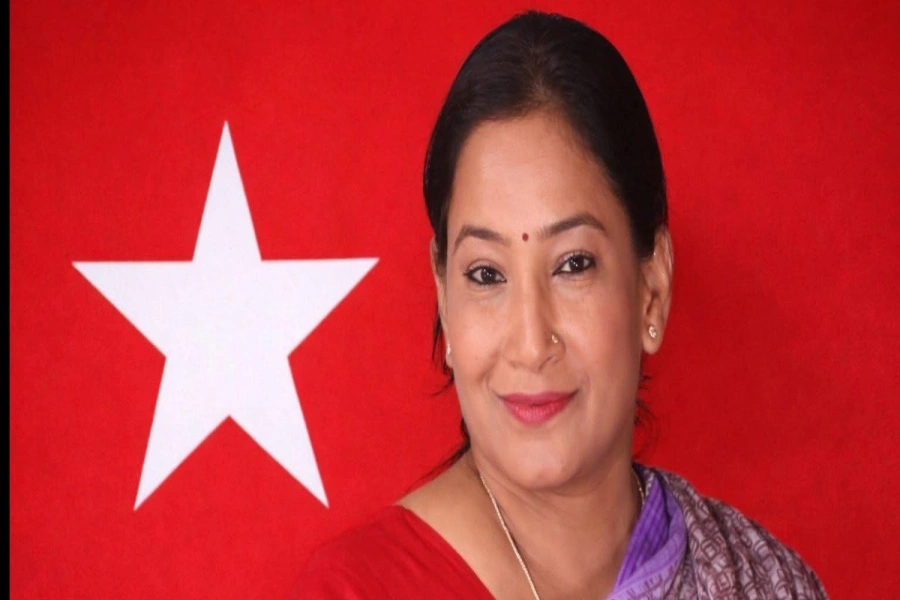Cricket has always been more than just a sport in Nepal. It is a source of national pride, a unifying force that brings people together and a platform for athletes to showcase their talent on the global stage. In recent years, Sandeep Lamichhane, the young and promising leg-spinner, has been making waves in the cricketing world, putting Nepal on the map with his impressive performances. However, his success on the cricket field has been marred by a pending rape case against him, which has put cricket fans in a dilemma of whether to cheer for him or not.
On Friday, Lamichhane achieved yet another remarkable feat by becoming the fastest player to take 100 wickets in One Day International (ODI) cricket, surpassing the previous record held by Afghanistan's Rashid Khan. His performances have been crucial in Nepal's victories in various tournaments, including the ongoing ACC Premier Cup where Nepal defeated Oman on Friday. Lamichhane's contributions to Nepali cricket cannot be denied, and he has undoubtedly been a role model for many aspiring young cricketers in the country. However, Lamichhane is also facing serious allegations of raping a minor, and a rape case against him is pending at the Kathmandu District Court. He was released on bail of Rs 2 million by the Patan High Court after spending time in prison during the preliminary investigation. The case has been a contentious issue, raising questions about morality, ethics, and the responsibility of the Cricket Association Nepal (CAN) towards its players and the public.
Sandeep Lamichhane and Sompal Kami take one wicket each in ICC...

However, it is important to note that Lamichhane has denied the allegations against him and is innocent until proven guilty by the court of law. The legal system presumes the innocence of an accused person until proven guilty beyond a reasonable doubt. As such, Sandeep should be given the benefit of the doubt and allowed to continue playing cricket until the court reaches a verdict on his case. But CAN’s decision to include Lamichhane in the national cricket team despite the pending rape case has been met with mixed reactions. While some argue that he should not be allowed to represent the country until he is cleared of the charges, others argue that he should be given a fair chance to prove his innocence and that the court's decision to grant him bail is indicative of his right to continue playing cricket.
However, as the case against Lamichhane is still pending in the Kathmandu District Court, it presents a moral dilemma for cricket fans and followers. On the one hand, Lamichhane's cricketing success and achievements cannot be denied, as he has made significant contributions to Nepal's cricket team and has set world records in ODI cricket. His performances have brought glory to the nation and have made him a celebrated figure in Nepali cricket. On the other hand, the serious allegation of rape against Lamichhane cannot be ignored. The victim, a minor, has lodged a complaint and the case is currently being investigated by the courts. It is essential to acknowledge the gravity of such allegations and show respect and support to the survivor while the case is pending.
The dilemma of whether to cheer for Lamichhane or not is a complex one. On the one hand, his cricketing success has brought pride and joy to the nation, and his talent and dedication to the sport cannot be denied. On the other hand, the serious allegations against him cannot be overlooked, and the need for a fair and just legal process cannot be ignored. However, it is also important to uphold the principle of "innocent until proven guilty" as enshrined in the legal system. Lamichhane has denied the allegations and has been granted bail by the courts, including the Patan High Court and the Supreme Court. The legal process must be allowed to run its course, and the final verdict should be based on concrete evidence and a fair trial.
In this Hamletian dilemma, it is crucial to give due respect to the judicial system and its decisions. As the courts of law have granted Lamichhane bail and allowed him to represent Nepal in cricket matches, it can be argued that he should be given the benefit of the doubt until proven guilty. It would be unfair to pass a judgment solely based on allegations and not respecting the due process of law.







































